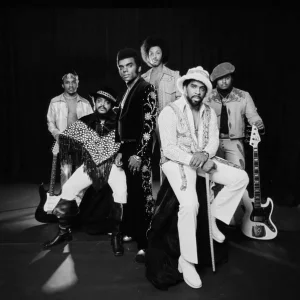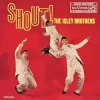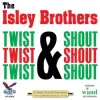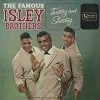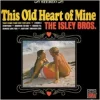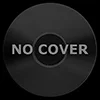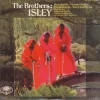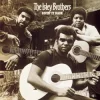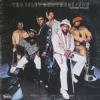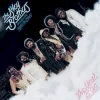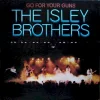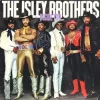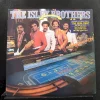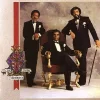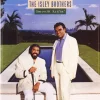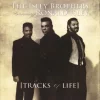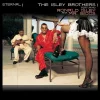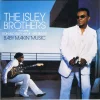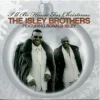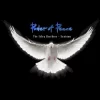History
The Isley Brothers is a highly influential, successful and long-running American music group consisting of different line-ups of six brothers, and a brother-in-law, Chris Jasper. The founding members were O'Kelly Isley, Jr. (1937 - 1986), Rudolph Isley, Ronald Isley and Vernon Isley (1942–1955). They are the only act to have at least one Hot 100 hit in each of six consecutive decades: the 1950s, 1960s, 1970s, 1980s, 1990s, and 2000s. The Isleys (as they are commonly called) were inducted to the Rock & Roll Hall of Fame in 1992.
First formed in the early '50s, the Isleys have enjoyed one of the longest, most influential, and most diverse careers in the pantheon of popular music — over the course of nearly a half century of performing, the group's distinguished history spanned not only two generations of Isley siblings but also massive cultural shifts which heralded their music's transformation from gritty R&B to Motown soul to blistering funk. The first generation of Isley siblings was born and raised in Lincoln Heights, Ohio, where they were encouraged to begin a singing career by their father, himself a professional vocalist, and their mother, a church pianist who provided musical accompaniment at their early performances. In 1954, the Isley Brothers were officially formed and the quartet toured the gospel circuit. The group was comprised of Ronald, Rudolph, O'Kelly, and Vernon Isley; after Vernon's 1955 death in a bicycling accident, tenor Ronald was tapped as the remaining trio's lead vocalist. In 1957, the brothers went to New York City to record a string of failed doo wop singles; while performing a spirited reading of the song "Lonely Teardrops" in Washington, D.C., two years later, they interjected the line "You know you make me want to shout," which inspired frenzied audience feedback. An RCA executive in the audience saw the concert, and when he signed the Isleys soon after, he instructed that their first single be constructed around their crowd-pleasing catch phrase; while the call-and-response classic "Shout" failed to reach the pop Top 40 on its initial release, it eventually became a frequently covered classic.
Genres
Members






 FM
FM
